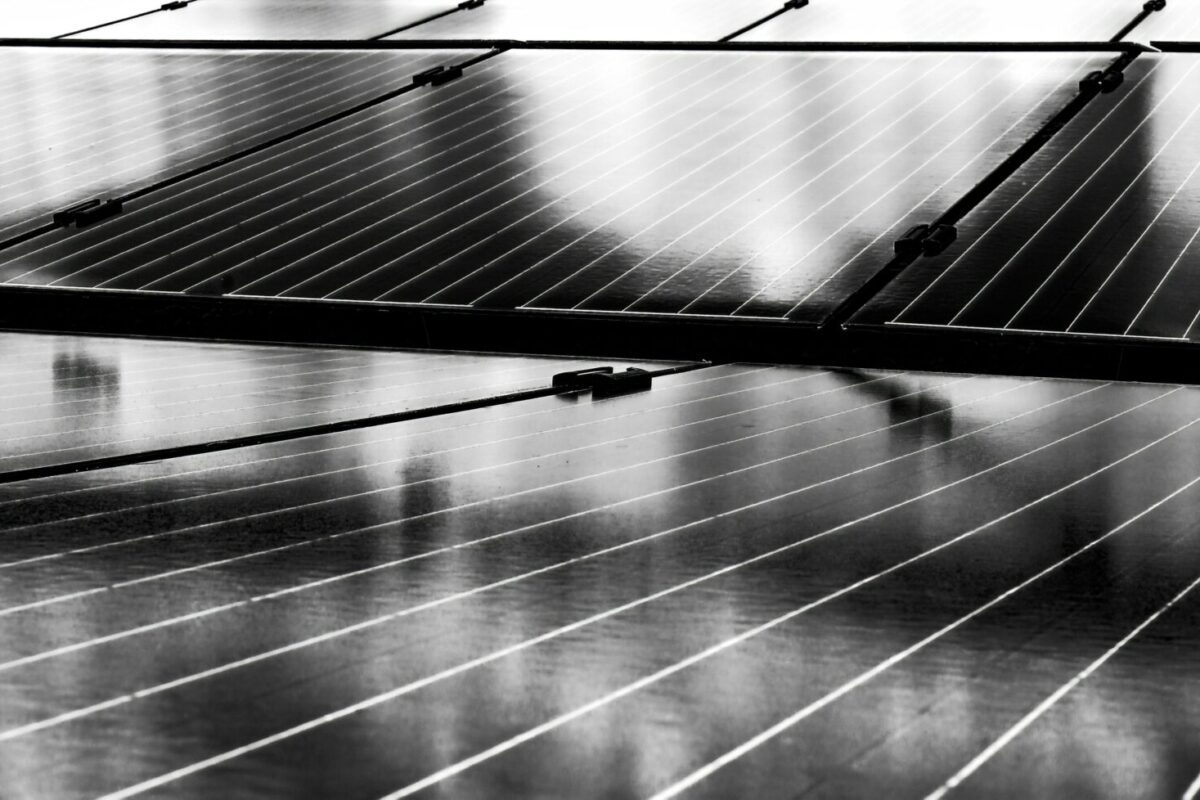A consortium comprising a housing developer, solar installer, higher education institution, global technology leader and local council has been created to develop what will become the U.K.’s largest community storage project.
A 2 MWh battery is to be installed at the Trent Basin residential scheme in Nottingham, England, as part of a £6 million project that will deliver solar+storage to homeowners that choose to opt into the scheme.
Blueprint, the housing developer responsible for the properties at Trent Basin, is leading a consortium of interested parties in an effort to demonstrate how solar paired with storage can deliver lower energy costs and a reduced carbon footprint in shared housing developments.
Funding, in the form of a grant, is being supplied by the Energy Research Accelerator (ERA) and Project SCENe (Sustainable Community Energy Networks), and the full list of consortium partners reads: Blueprint, The University of Nottingham, AT Kearney, Smartklub, Siemens, URBED, Slam Jam, Stickyworld, Loughborough University, Solar Ready, and Nottingham City Council.
EvoEnergy, a local solar installation firm, will carry out the construction of the rooftop solar array and will also fit the 4 MW battery at the Trent Basin Community Energy System.
Residents and homeowners at the development will be offered the opportunity to participate in the project, with the promise of electricity bill savings for those that opt in.
“I am delighted that Nottingham has been chosen to pilot this innovative scheme,” said Nottingham city councillor Alan Clark. “This growth in community renewable energy will help to sustain our status as the most energy self-sufficient city in the UK.”
This content is protected by copyright and may not be reused. If you want to cooperate with us and would like to reuse some of our content, please contact: editors@pv-magazine.com.



At last some good news from the UK – don’t let theresa may know – she will cancel it.